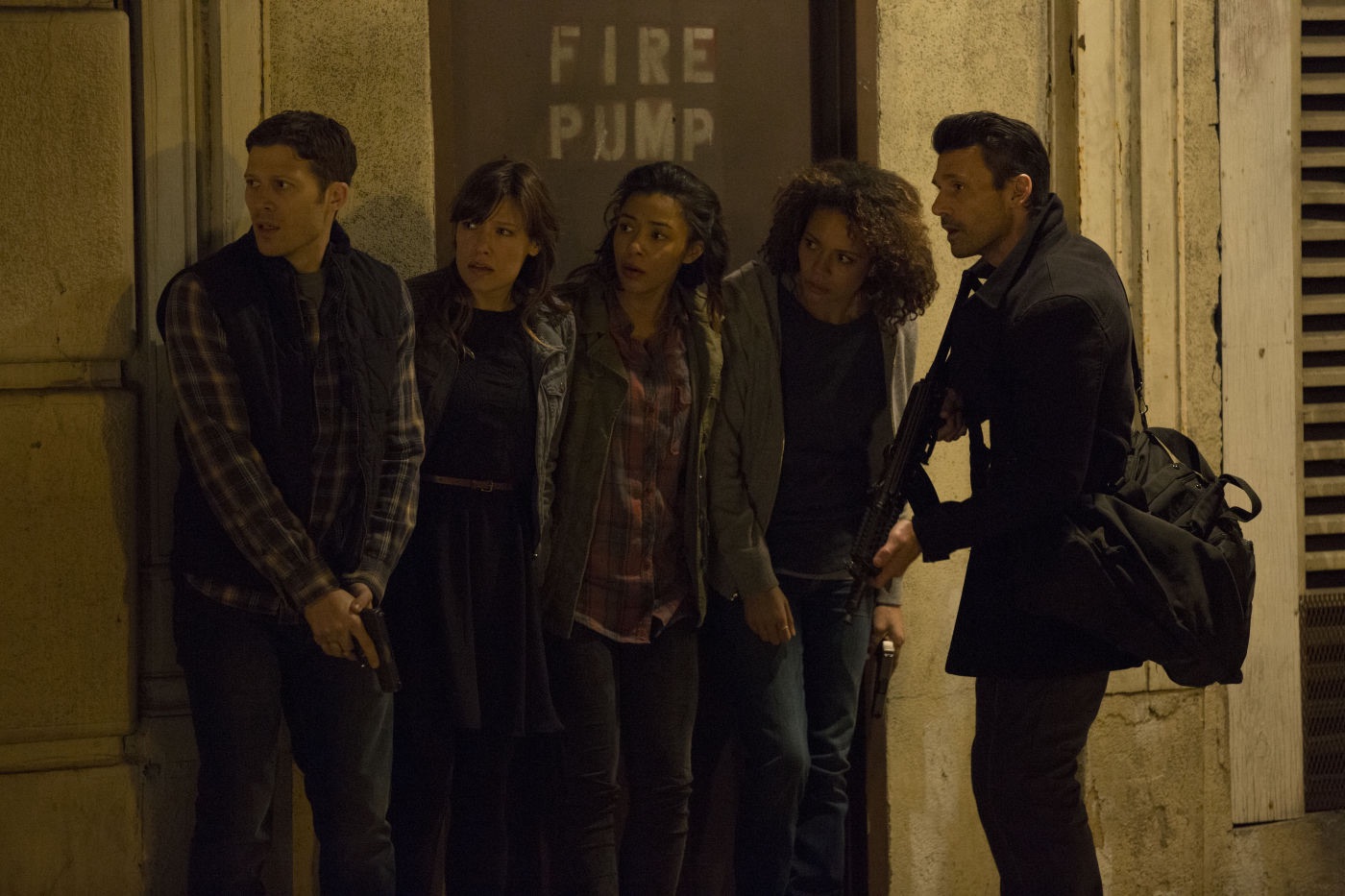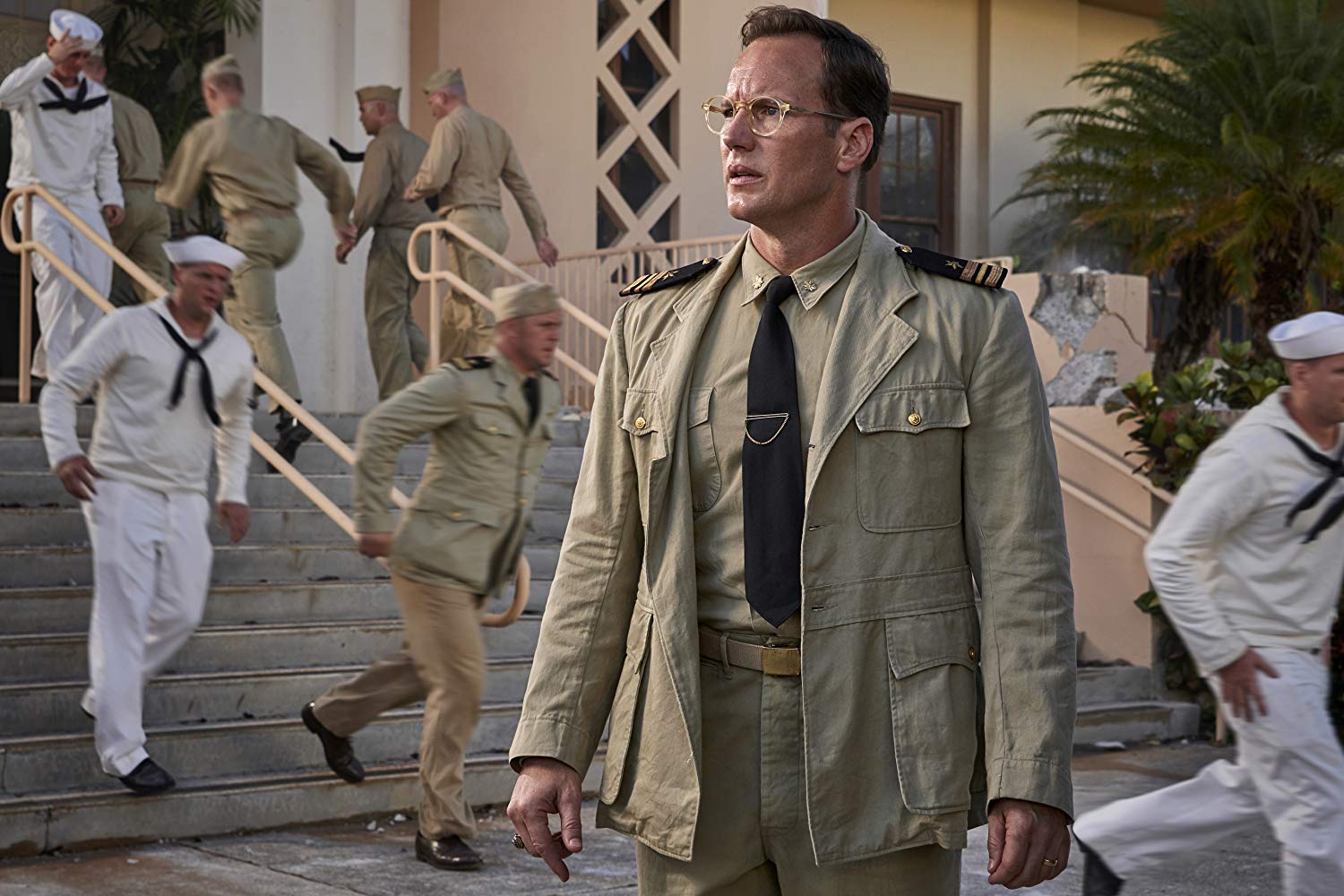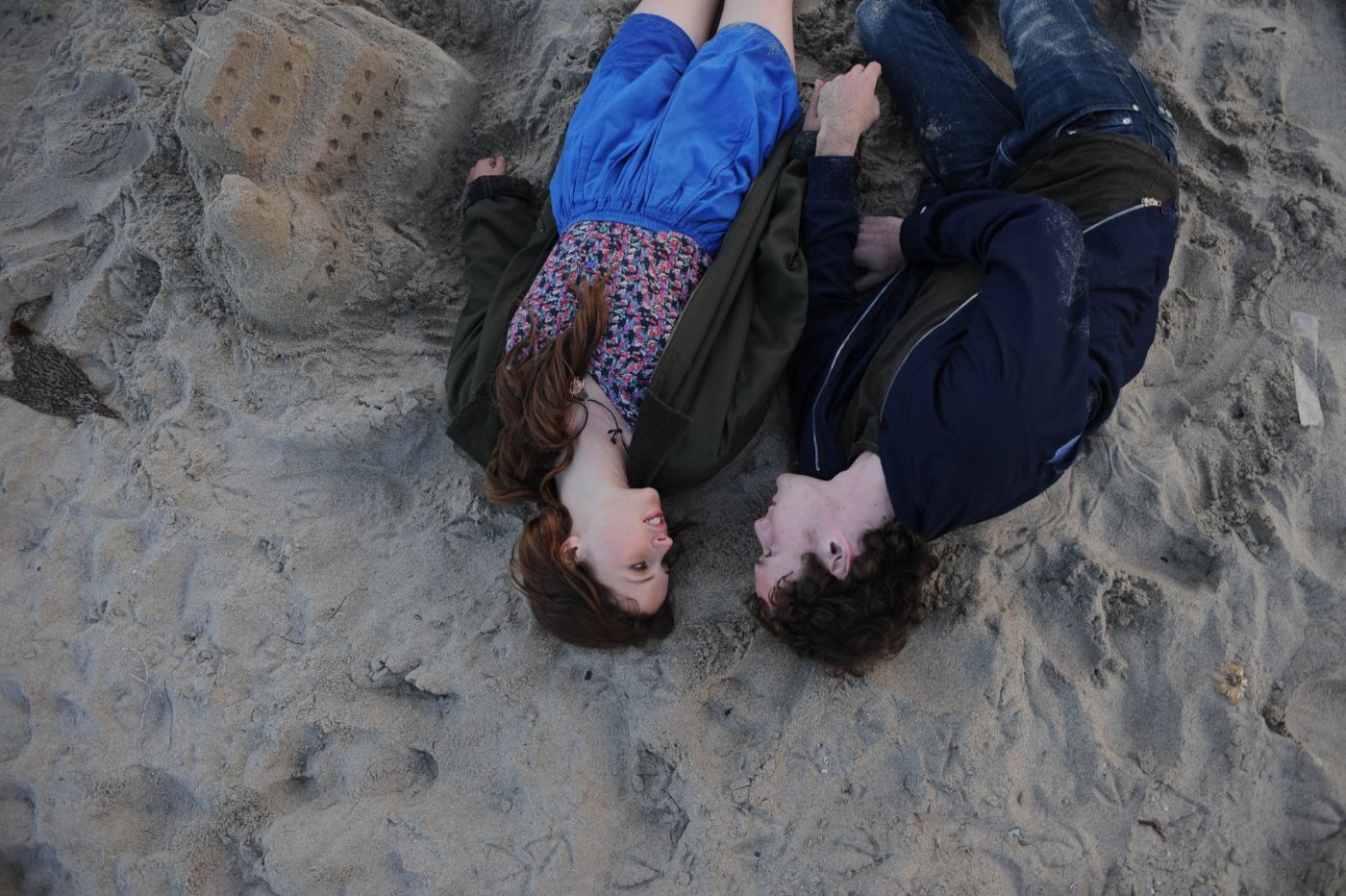We’re still purging, are we? Truth be told, I’m kinda glad we are. Not because the idea isn’t abhorrent. It is. And not because the conclusions aren’t incredibly suspect. They are. Mostly because The Purge represented a veritable cornucopia of possible quality screenplays, and the first version spied that horn o’ plenty up and down and selected a baked potato.
Backstory is something resembling the Tea Party came into power two terms ago and immediately instituted The Purge – a twelve-hour window in which, legally, everything goes. The theme is disturbing: as Americans, we are tethered to moral high ground only by law. Take away punishment and most of us would gladly put our neighbors in the wood chipper. About this time last year, I’d have disagreed with that statement 100%. Right now? It’s more like 65%. America has a serious problem with violence and hatred. Here’s what I disagree with 100% right now, the “results” of The Purge: 5% unemployment, booming economy, and a state where all is well – that’s a fantasy, pure and simple; it may as well come straight from Tea Party rhetoric for all it’s grounded in reality. Assuming The Purge is used mainly for killing off homeless/poor folks (and that’s a big “if”, folks), killing off poor people doesn’t make Wall St. traders less greedy, nor does it ebb our communal paranoia about the billions of world inhabitants we fear. And it’s quite evident that most of the following year would be spent repairing the enormous damage from the previous year’s Purge.
So hey, you’re asking me to swallow a great deal before I even start this thing. The idea, however, is still brilliant – once a year, murder is legal; what would you do? Build a fence or break one? Is there enough hate in your heart to kill? Is there enough love in your heart to invite? Man, security system companies must be the #1 source GDP in a  Purge year.
Purge year.
The Purge: Anarchy follows two sets of unwitting victims: suburban couple Shane (Zach Gilford) and Liz (Kiele Sanchez) get caught in the inner city after hours with a broken car. I’m sorry, where were you going and why weren’t you there already? Meanwhile, waitress Eva (Carmen Ejogo) and daughter Cali (Zoë Soul, oh sweet name. Are you one of those Rick Riordan demigods?) plan on a quiet, purgeless captivity when, pretty much, everything goes wrong – first, pill-popping patriarch (John Beasley) has sold himself to whitey for some murderin’. (The parallels between this and actual slavery didn’t sit well with me.) Then, the slimeball co-worker (Noel Gugliemi) shows up for felonies. –Geez, that’ll teach you to say, “no” when somebody asks for a date, won’t it? — Then, luckily, black ops come to claim the women. Finally, the film introduces Frank Grillo as a “good” man, who just happens to be purging for noble and understandable reasons. He ends up babysitting all four stranded innocents for the duration. Not a bad storyline and we get to talk about what justifies murder, if anything.
This film is at its best when it delves into the philosophical. It doesn’t quite work, but I did like the commentary of how violent our society has become. The reason it doesn’t work is because the film assumes that anybody when cornered will turn to violence. I don’t buy that no matter what I see on TV. Even so, there’s a delightful paranoia in this film. Yes, the quintet constantly seems to be headed in the wrong direction; how long does it take you to walk ten blocks anyway? Long enough to get a lot of boys to play with their guns in public. During The Purge you can whip out that magazine all you want.
You gotta avoid being consummate jerk-ers
To keep that neighbor from going berserkers
For one day a year
We get what we fear
A nation of disgruntled postal workers
Rated R, 103 Minutes
D: James DeMonaco
W: James DeMonaco
Genre: Machete fun
Type of person most likely to enjoy this film: Detractors of violence who love it all the same
Type of person least likely to enjoy this film: The opposite



